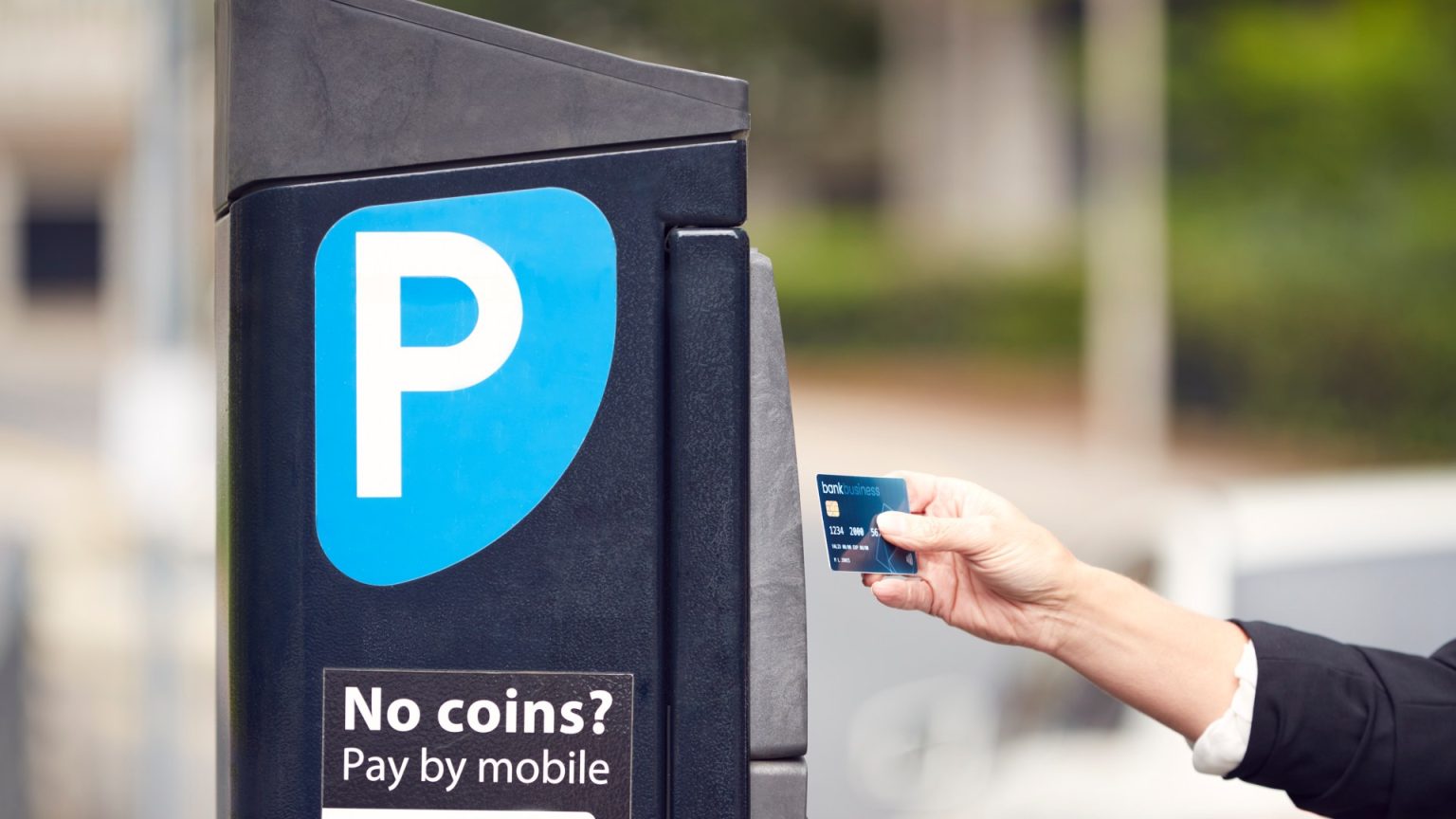The proposed parking fee hike by South Hams District Council in Devon has ignited a heated debate, pitting the council’s need for revenue against local businesses’ concerns about the potential impact on their livelihoods. The council, facing financial pressures and seeking funds to maintain essential services like waste collection, leisure centres, and upkeep of beaches and streets, is exploring a two-tiered parking system. This system would charge non-residents double the parking fee paid by residents, a move aimed at capitalizing on tourist revenue while shielding locals from increased costs. This proposal, however, has sparked outrage among local businesses who fear that deterring visitors with higher parking charges will ultimately harm the local economy.
At the heart of the controversy lies the question of who exactly constitutes a “visitor.” Local business owners argue that the council’s definition is too broad, encompassing not just tourists but also individuals from neighboring areas who regularly visit South Hams for work, shopping, and other essential activities. Sue Hawkins, a long-time business owner in Ivybridge, criticizes the plan as “short-sighted” and “devastating,” arguing that it demonstrates a lack of understanding of the interconnectedness of the local community and surrounding areas. She points out that many people from just outside the South Hams region regularly frequent Ivybridge, and these individuals, under the proposed plan, would be classified as visitors and subjected to the higher parking fees. This, she fears, will discourage them from visiting, ultimately harming local businesses like hers.
The concern about deterring visitors is echoed by Barbara Price, Chair of Modbury Parish Council. She emphasizes Modbury’s reliance on passing trade and expresses concern that increased parking charges will drive visitors away, potentially benefiting surrounding areas with free parking options like supermarkets. This raises the crucial question of whether the increased revenue generated from the higher fees will offset the potential loss of business due to reduced visitor numbers. The council’s assertion that South Hams remains one of the cheapest places to park in Devon, even with the proposed increase, is unlikely to assuage the concerns of businesses who fear a direct impact on their bottom line.
The council’s rationale for the proposed increase stems from acknowledged financial pressures. Council Leader Julian Brazil admits the unpopularity of raising parking charges but insists it’s a necessary measure to maintain essential services. He points to the changing retail landscape, driven by the rise of online shopping, as a reason why town centres need to actively attract visitors. While acknowledging the desirability of free parking, he states the council simply cannot afford it. The proposed two-tiered system, allowing each household to register two cars for resident rates, is presented as a compromise to balance the need for revenue with the desire to protect local residents from increased costs.
The consultation period for the proposed changes has now ended, and the council is currently reviewing the feedback received. The final decision on the exact pricing structure will be made later in January. This decision will undoubtedly have significant implications for both the council’s budget and the vitality of the local economy. The challenge for the council lies in striking a delicate balance between generating much-needed revenue and ensuring the continued prosperity of local businesses, who rely heavily on the patronage of both residents and visitors.
The key question remains: will the increased revenue from higher parking fees outweigh the potential economic damage caused by deterring visitors? The council’s gamble hinges on the belief that the additional revenue generated will be sufficient to offset any potential loss of business due to reduced visitor numbers. The coming weeks will reveal whether this gamble pays off or whether the council’s attempt to address its financial woes ultimately backfires, leaving local businesses struggling in its wake.




